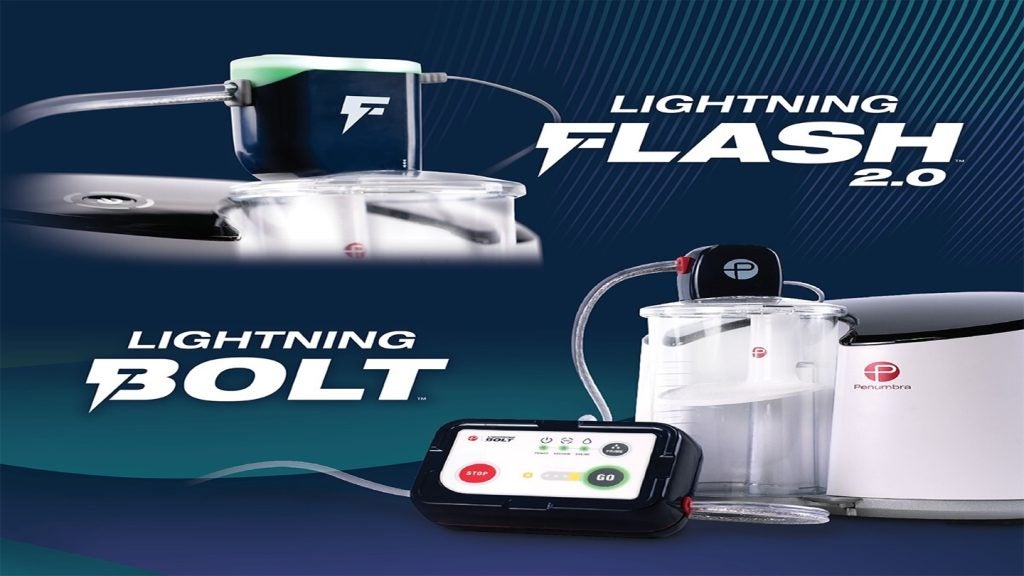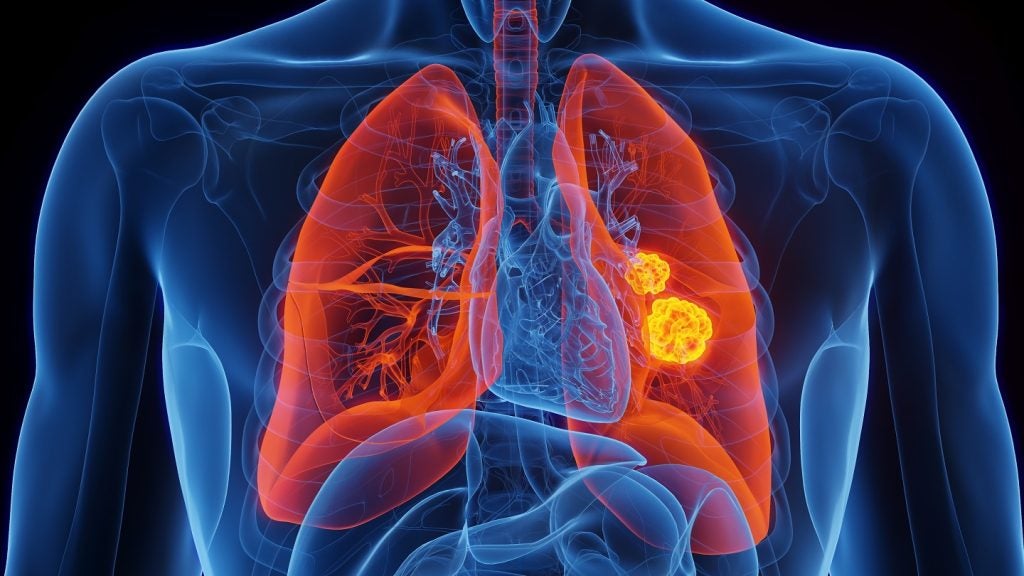Italy-based multinational pharmaceutical company Zambon has announced the publication of its Phase 3 PROMIS-I and PROMIS-II studies finding the company’s I-neb Adaptive Aerosol Delivery (CMS I-neb) System safe and effective in treating Non-Cystic Fibrosis Bronchiectasis (NCFB).
The Phase III PROMIS-I and PROMIS-II studies, published in the Lancet Journal of Respiratory Medicine assessed the efficacy and safety of inhaled colistimethate sodium administered via the I-neb system, with the PROMIS-I trial meeting its primary endpoint finding a 39% reduction in pulmonary exacerbations. Additionally, severe exacerbations were reduced by 59%, and patients treated with I-neb experienced a clinically important improvement in quality of life.
However, the PROMIS-II study had to be stopped prematurely due to the onset of the Covid-19 pandemic leading to what the company calls “unsatisfactory results”. Both trials reported good tolerability, with no major safety issues identified.
Paola Castellani, chief medical officer and R&D head at Zambon, said: “The publication of these pivotal data in The Lancet Respiratory Medicine represents an important milestone in our commitment to developing innovative therapies for patients with severe respiratory diseases.
“For patients with NCFB, a condition with no approved treatment options, the results from the PROMIS programme highlight the potential of CMS I-neb to improve outcomes and quality of life. We look forward to working with regulatory authorities on a path to making this important treatment available to patients as quickly as possible."
As part of the study patients were randomised, with 377 in PROMIS-I and 287 in PROMIS-II, receiving inhaled colistimethate sodium or placebo via the I-neb device twice daily for up to 12 months.
The company claims that these trials represent the first large-scale, double-blind, placebo-controlled studies of inhaled colistimethate sodium, a widely used antibiotic in Europe for Cystic Fibrosis.
Charles Haworth, PROMIS trials Chief Investigator, said: “The results of the PROMIS program represent an important breakthrough for patients with NCFB, a population that has long suffered from chronic respiratory infections without any approved treatments. For the first time, we have robust evidence showing that CMS I-neb can significantly reduce exacerbations and improve quality of life in patients with NCFB and chronic P aeruginosa infection, offering hope where there were previously limited options.”
Elsewhere in the field of respiratory medicine, research has found that AI chest X-rays can detect the early symptoms of lung cancer up to three years before symptoms present themselves. Meanwhile, AstraZeneca has completed all clinical studies required to support the first filings for the transition of its chronic obstructive pulmonary disease (COPD) inhaler, Breztri, to a next-generation propellant.















